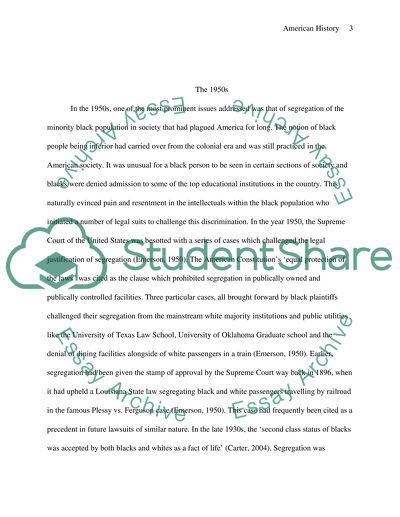Cite this document
(“Most Significant Events in American History Essay”, n.d.)
Retrieved from https://studentshare.org/miscellaneous/1555899-most-significant-events-in-american-history
Retrieved from https://studentshare.org/miscellaneous/1555899-most-significant-events-in-american-history
(Most Significant Events in American History Essay)
https://studentshare.org/miscellaneous/1555899-most-significant-events-in-american-history.
https://studentshare.org/miscellaneous/1555899-most-significant-events-in-american-history.
“Most Significant Events in American History Essay”, n.d. https://studentshare.org/miscellaneous/1555899-most-significant-events-in-american-history.


